Award-winning filmmaker Scott Cooper reimagines Springsteen as he’s never been portrayed before. He shares the albums that influenced his filmmaking.
Musical biopics often run the risk of walking a tightrope between homage and imitation; too often content to replay the familiar beats of stardom, heartbreak and redemption. It’s a genre where myth tends to overshadow the man and where truth can get lost somewhere between the verse and the chorus.
That’s what makes Springsteen: Deliver Me From Nowhere an extraordinary departure. Who better to tell the story of the infamous Bruce Springsteen than Academy Award-winning director Scott Cooper, whose latest film isn’t just another retelling of an icon’s rise but an excavation of the soul behind the songs. In charting Springsteen’s journey from blue-collar dreamer to voice of a generation, Cooper crafts something richer – a portrait of resilience, doubt, and faith in the American spirit.
Shot with Cooper’s trademark visual lyricism, the film rolls like a road trip. Long stretches of reflection punctuated by moments of thunderous emotional release, alongside performances that are grounded and deeply human, even while bearing the heavy weight of carrying a life lived through music. Rather than glorify the legend, Deliver Me From Nowhere dares to sit with the man: flawed, searching, endlessly reaching for deliverance – yet all with an incredible musical gift.
In his most ambitious work to date, Cooper redefines what the modern biopic can be. Out today, Springsteen: Deliver Me From Nowhere celebrates its release. To honour the occasion, Man About Town spoke with Scott Cooper to reflect on five songs that had a profound impact on his retelling of Springsteen’s story.
Bob Dylan’s Blood on the Tracks
We know that Bob Dylan has influenced Bruce a great deal – they are both considered to be two of the finest American songwriters – but there’s something about that record that it feels like Dylan, much like Bruce does in the film, cracked himself open and didn’t quite care who saw the wreckage. Every song is both personal confession and myth. Making the album, for me, kind of drifts between clarity and distortion, as if Dylan’s emotions were too raw to be contained in a straight line. We see those parallels with Bruce and “Nebraska” and that paradox of art as both revelation and disguise was central [to Springsteen: Deliver Me From Nowhere].
Johnny Cash’s American Recordings
It’s one of my favourite records. The album is the sound of mortality breathing down your neck, and the dignity that comes with looking it directly in the eye. Much like Bruce, he stripped everything away – no band, no gloss, just a voice and a guitar. It’s as if you can hear his blood coursing through his veins and the floorboards creaking in the room where he recorded this. That starkness in Cash’s album taught me a lot about restraint. So with this film, silence becomes music as Bruce is having the courage to face how truthful – how honest – he can be in his work, and that’s exactly what Cash did. Bruce was working through his own trauma, his own shadows of fame, isolation, the ghosts of his father, and Cash’s record reminded me that honesty can be spectacle, that honesty doesn’t need adornment, that there’s a truth in that record – this exact same truth that Bruce was striving for. And sometimes, the truest thing you can do is sit still, listen, and let the weight of a line – of a lyric – just hang there. It’s incredibly brave.
Townes Van Zandt’s Live at the Old Quarter
That recording is a blueprint for intimacy: one man, one guitar, a few breaths between songs in the quiet murmur of a room that knows that it’s witnessing something fragile and true. Townes Van Zandt, much like Bruce, didn’t perform for applause. He performed to survive himself. That’s a sentiment that I wanted to carry into the film, the idea that art isn’t performance, that it’s confession, and the Old Quarter album feels like the personal diary, which is exactly what Nebraska is. When I thought about how to frame Bruce in the house alone with this four-track recorder, I often thought of Townes Van Zandt, and the stillness, the humility, the unfiltered pain – it’s all there, and you can hear it in every breath, and it’s recorded live, much like this was. You can hear the weight of the American landscape, and talent is phrasing, much like you can in Bruce’s. Both are singing about the same ghosts: poverty and faith, loneliness, with this very faint hope of redemption.
Patti Smith’s Horses
This album is by someone that I’ve come to know personally, whom I reference in the film, and she means a great deal to me and my daughters, and it’s Patti Smith’s Horses. If Dylan and Johnny Cash taught me about vulnerability, Patty reminded me that vulnerability can also be defiance. Horses is the sound of someone tearing down that wall between poetry and punk and intellect and instinct. Bruce is considered to be a blue-collar poet – Patti certainly is. There’s a ferocity in it – not anger, exactly – but this demand to be seen. I think Bruce has that same fire even in his quietest moments. And what Patty did was take the interior life, her interior life, and make it roar. That’s what I tried to do cinematically, to give a man (who’s a loner) room to make that interior space feel like he’s dealing with or in the throes of a storm. Patti Smith showed me that art can be tender and dangerous at the same time, and that’s where the truth lives.
Bob Dylan and The Band’s The Basement Tapes
These recordings that are murky, loose and half accidental, feeling like the American humming back to me after the lights go out – I want to mention that as an album that also influenced me. Musicians trying to find [that] there’s something, a way to be pure and uncommercial and instinctive, with just a few friends in a house.
Bruce Springsteen’s Nebraska
My father, to whom I’ve dedicated this film, and who passed away the day before I started shooting the movie – a movie about fathers and sons – introduced me to all of my musical tastes, and he introduced me to Bruce Springsteen through Nebraska. He plays that record for me, and it was like I was struck by thunder when you hear Bruce’s harmonica. It came to me at just the right time in my life: as a disillusioned, disaffective, disaffected teenager who was uncertain of his place in the world and uncertain of where he was going, what his dreams were, dealing with his own kind of emotional pain. As it turns out, years later, Nebraska is the most punk thing Bruce has ever recorded, not in sound, of course, but in spirit. A man who also can show that vulnerability can be spectacular, for a man that is known the world over for making very loud and powerful anthemic songs, often songs that are misunderstood. But in Nebraska, it’s Bruce, a guitar, a harmonica, a few other instruments, and he gives us a sound that he went to extreme, great lengths to retain, almost obsessive in nature. There’s a song on Nebraska that is the emotional DNA of the film, and remains my favourite song of Bruce’s, and that’s “My Father’s House’. It’s the last song we hear him record in the film. It’s his most personal song, but that’s where Bruce chose to turn inward and write about a man who is searching for reconciliation with his father, and he’s met only by silence and locked doors and a stranger now in the house. Thankfully, my father and I have this movie, so it’s fitting to end this session with the album that is the centre of the film and my favourite album: Bruce’s most personal and enduring album – and he also thinks it’s his best album.
SPRINGSTEEN: DELIVER ME FROM NOWHERE is in UK cinemas from 24th October
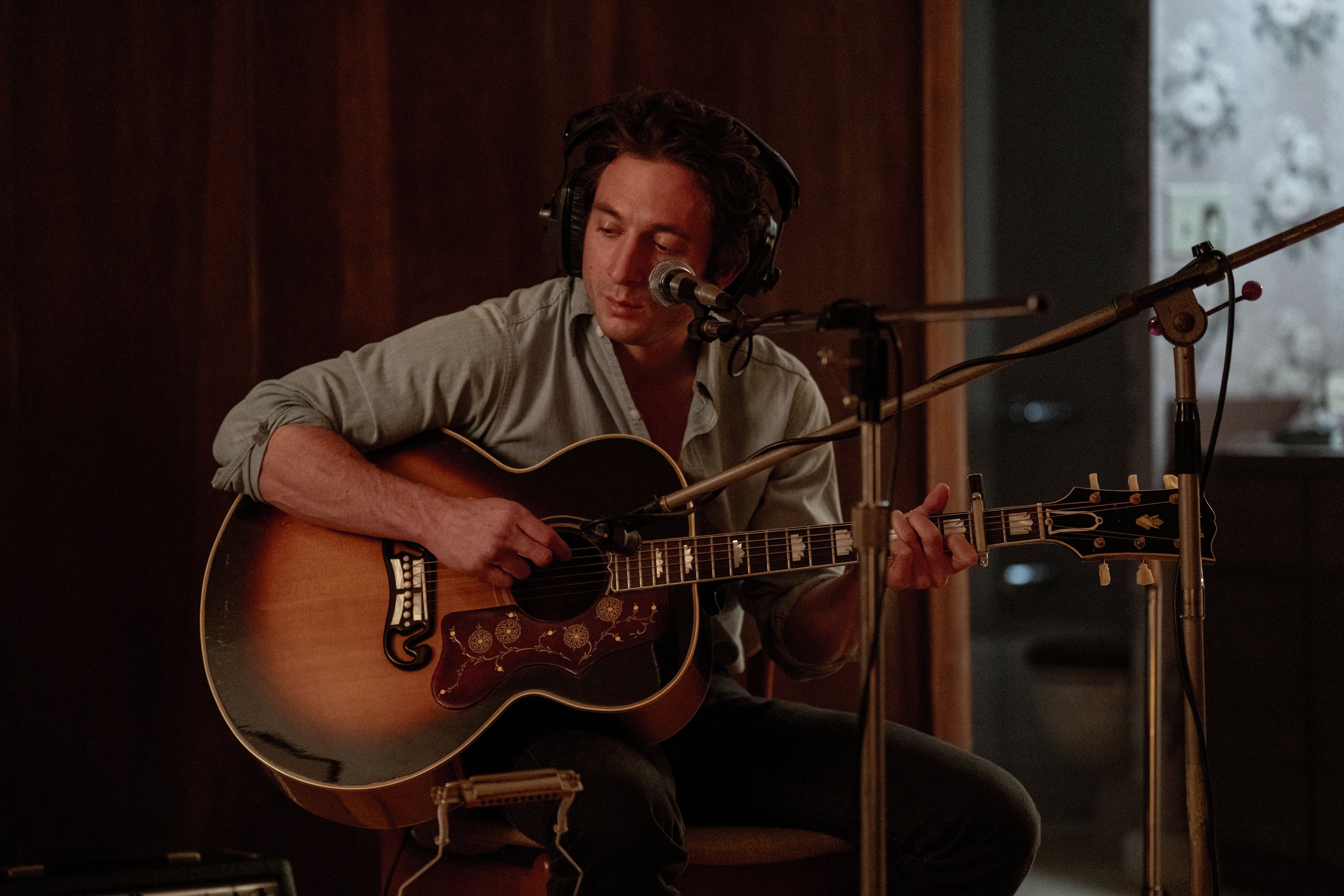
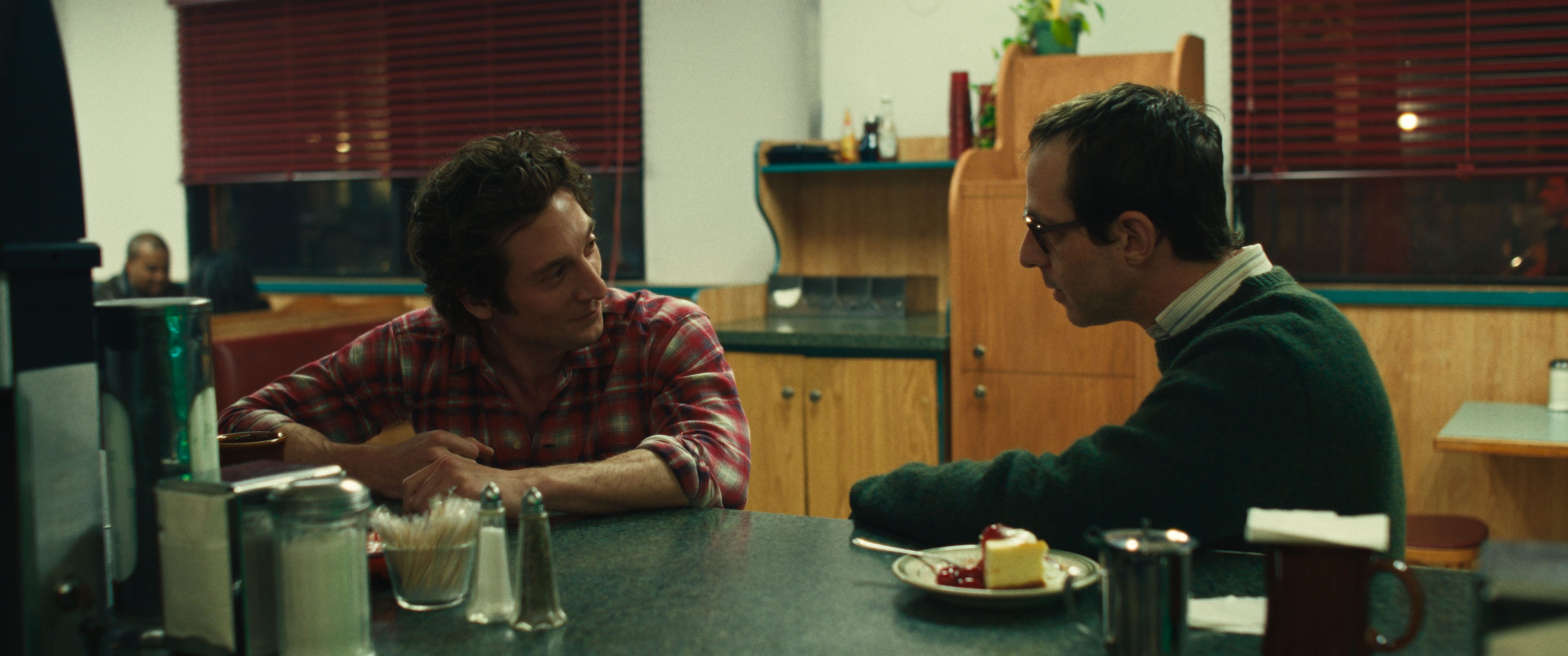
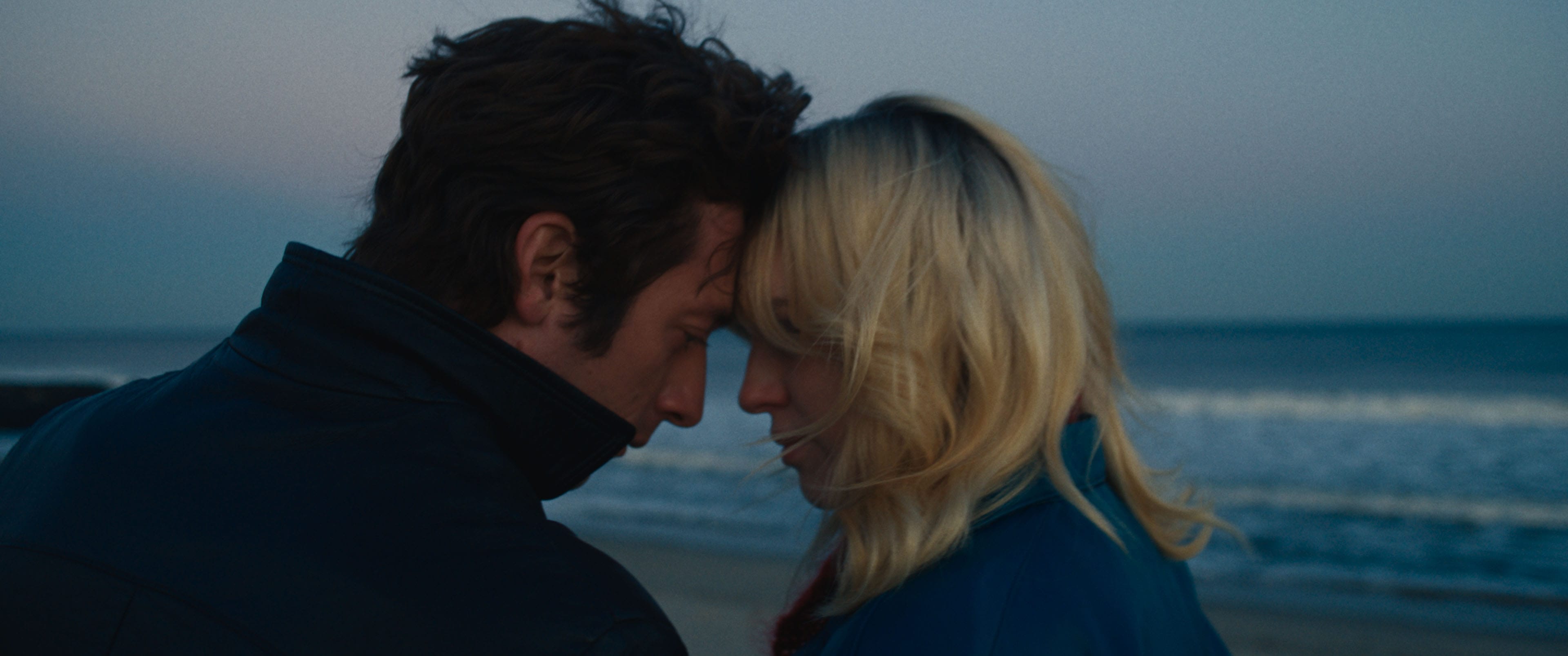
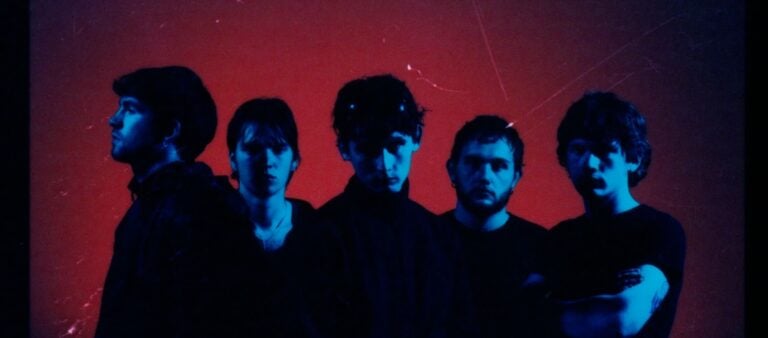

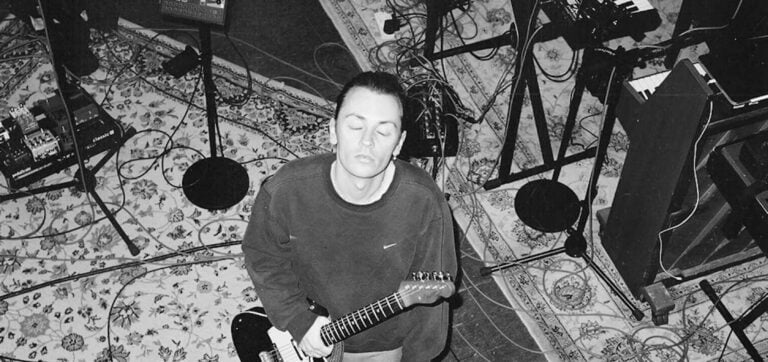
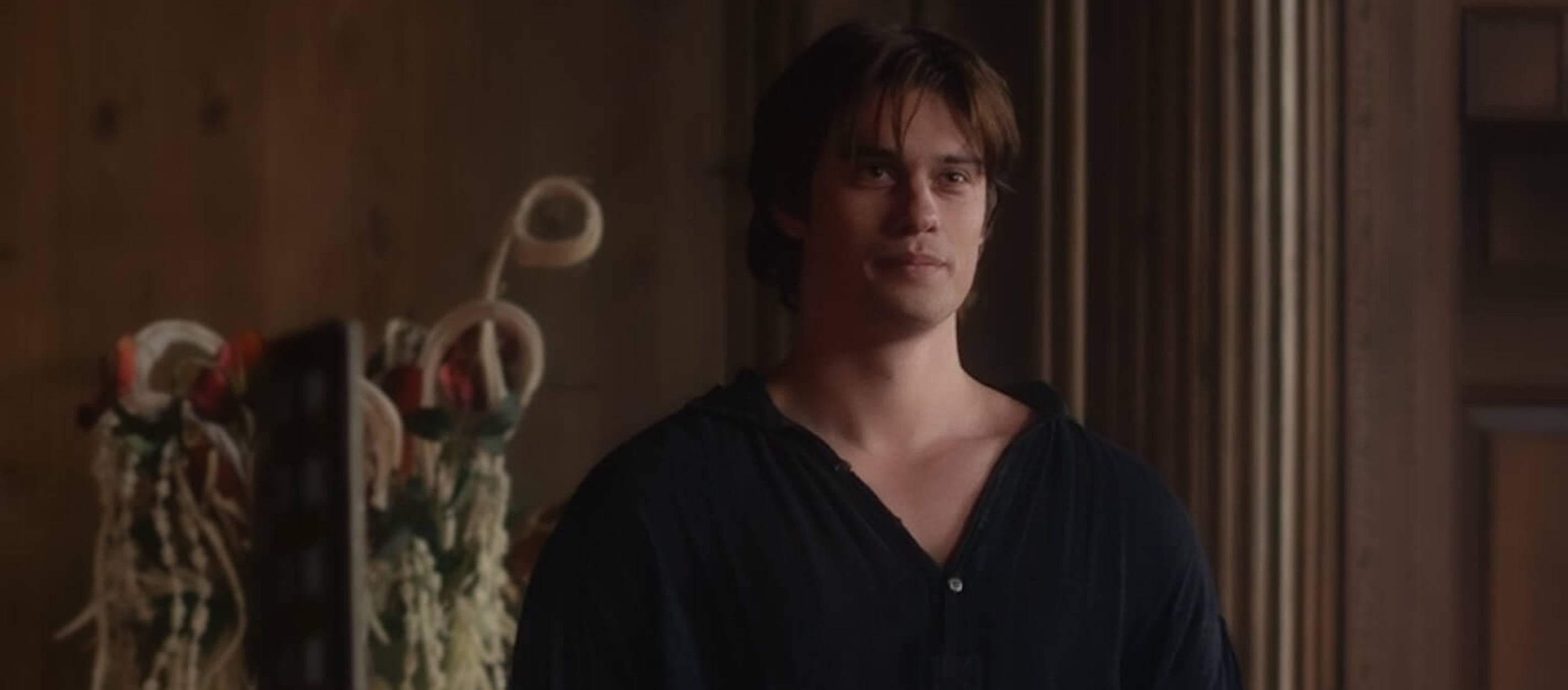
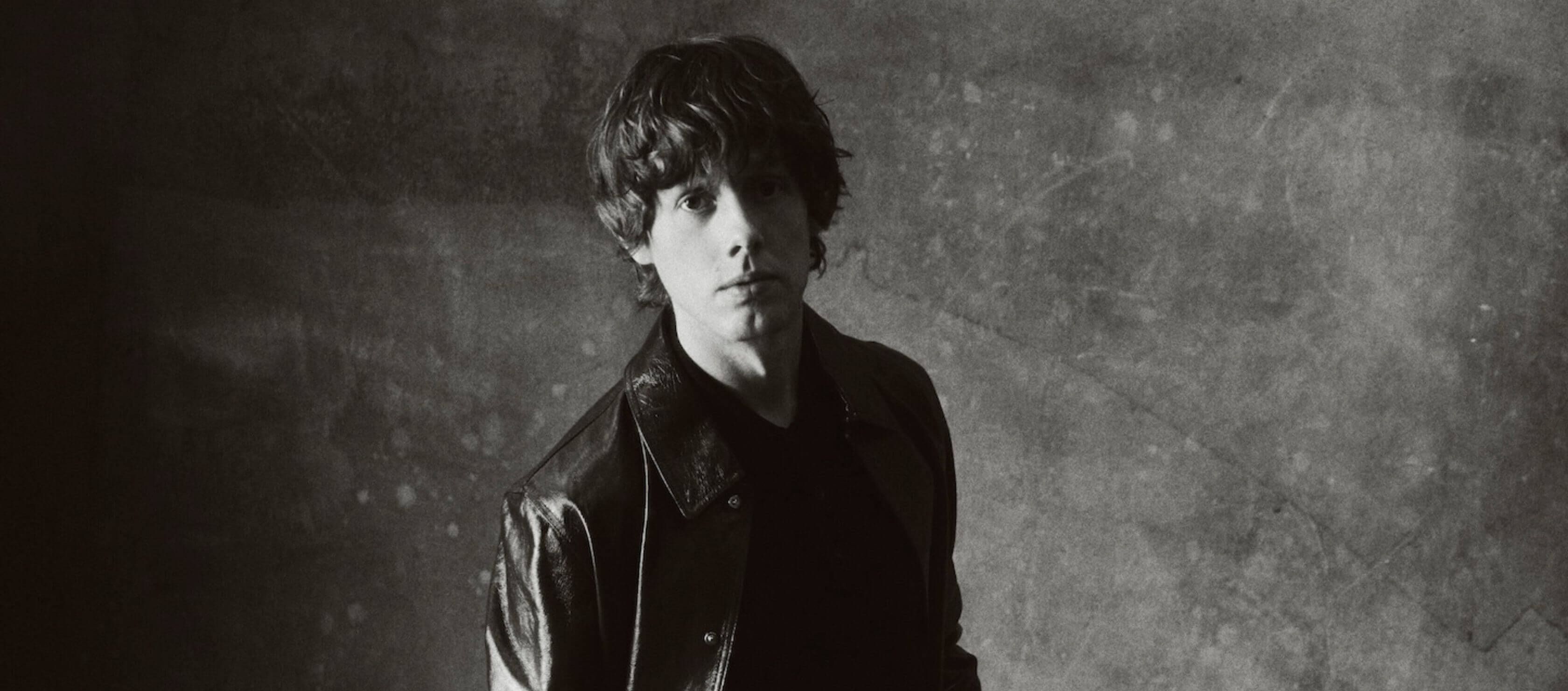
![Picture of “When We Were Developing Series [2], We Were Very Conscious Of The Live Debate About What It Means To Be British”: Tom Hiddleston On The Night Manager’s 2020s Comeback](/_next/image?url=https%3A%2F%2Fadmin.manabouttown.tv%2Fwp-content%2Fuploads%2F2026%2F02%2Fdigsfo.jpg&w=3840&q=85&dpl=dpl_AhPDpVcvBHi6ZdoK89nsTL2Qj1WA)
![Picture of “[The Bridgerton Press Tour] Is Like Being On Some Sort Of Hallucinogenic Drug”: Luke Thompson Is Next In Line](/_next/image?url=https%3A%2F%2Fadmin.manabouttown.tv%2Fwp-content%2Fuploads%2F2026%2F01%2FLUKE-THOMPSON-hero.jpg&w=3840&q=85&dpl=dpl_AhPDpVcvBHi6ZdoK89nsTL2Qj1WA)